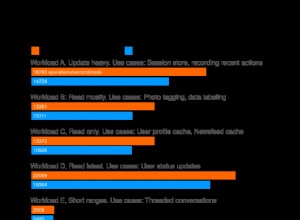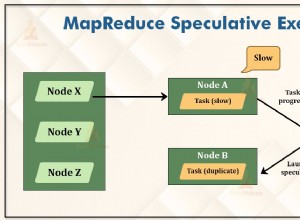Vous pouvez utiliser javascript pour créer dynamiquement un document json basé sur vos paramètres de requête.
Votre fonction mise à jour ressemblera à quelque chose comme
post.getSpecificDateRangeJobs = function(queryData, callback) {
var matchCriteria = queryData.matchCriteria;
var currentDate = new Date();
// match document
var match = {
"expireDate": {
"$gte": currentDate
}
};
if (matchCriteria !== "") {
match["$text"]: {
"$search": matchCriteria
}
};
// group document
var group = {
_id: null
};
// Logic to calculate hours difference between current date and publish date is less than 30 hours.
if (queryData.dateGroups.thirtyHourAgo) {
group["thirtyHourAgo"] = {
"$sum": {
"$cond": [{
"$lte": [{
"$divide": [{
"$subtract": [currentDate, "$publishDate"]
}, 1000 * 60 * 60]
}, 30]
},
1,
0
]
}
};
}
// Similarly add more grouping condition based on query params.
var postsCollection = post.getDataSource().connector.collection(
post.modelName
);
// Use aggregate builder to create aggregation pipeline.
postsCollection.aggregate()
.match(match)
.group(group)
.exec(function(err, groupByRecords) {
if (err) {
return callback("err");
}
return callback(null, groupByRecords);
});
};




